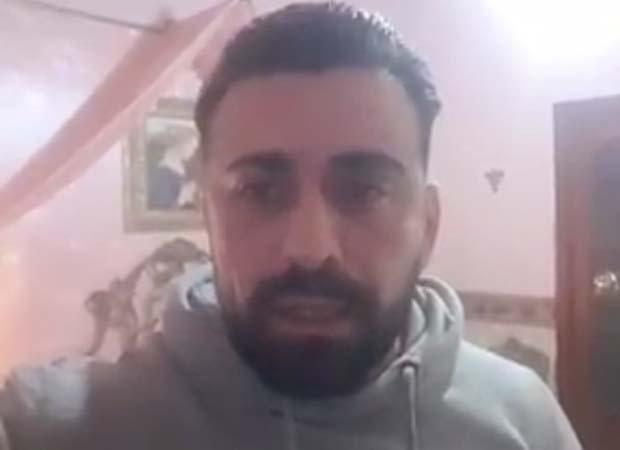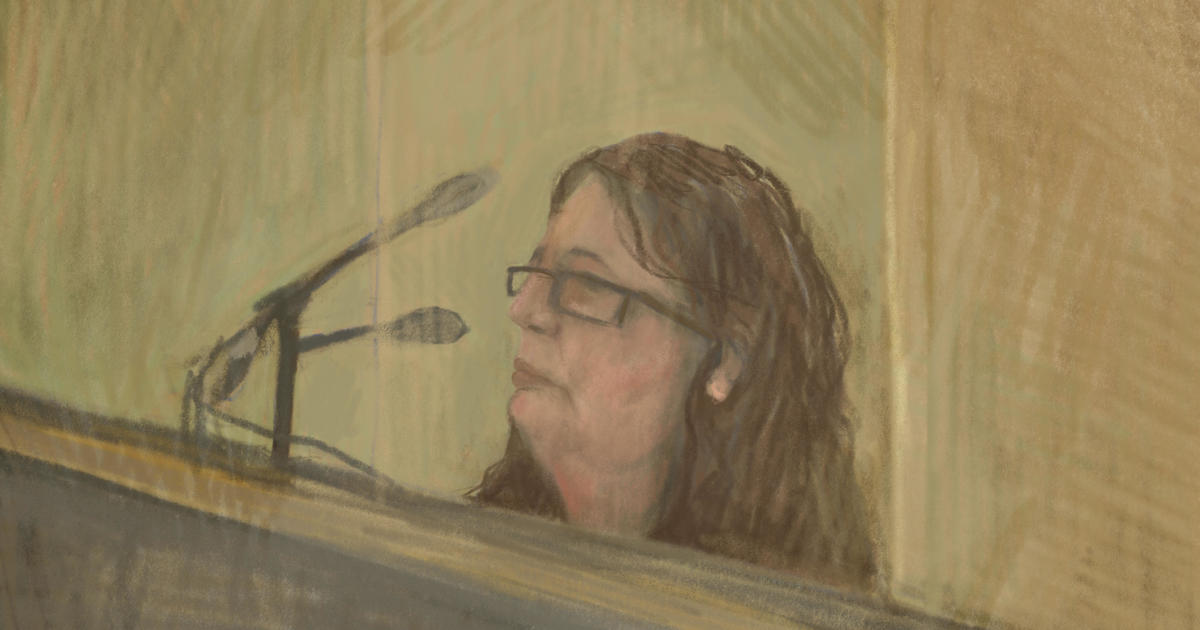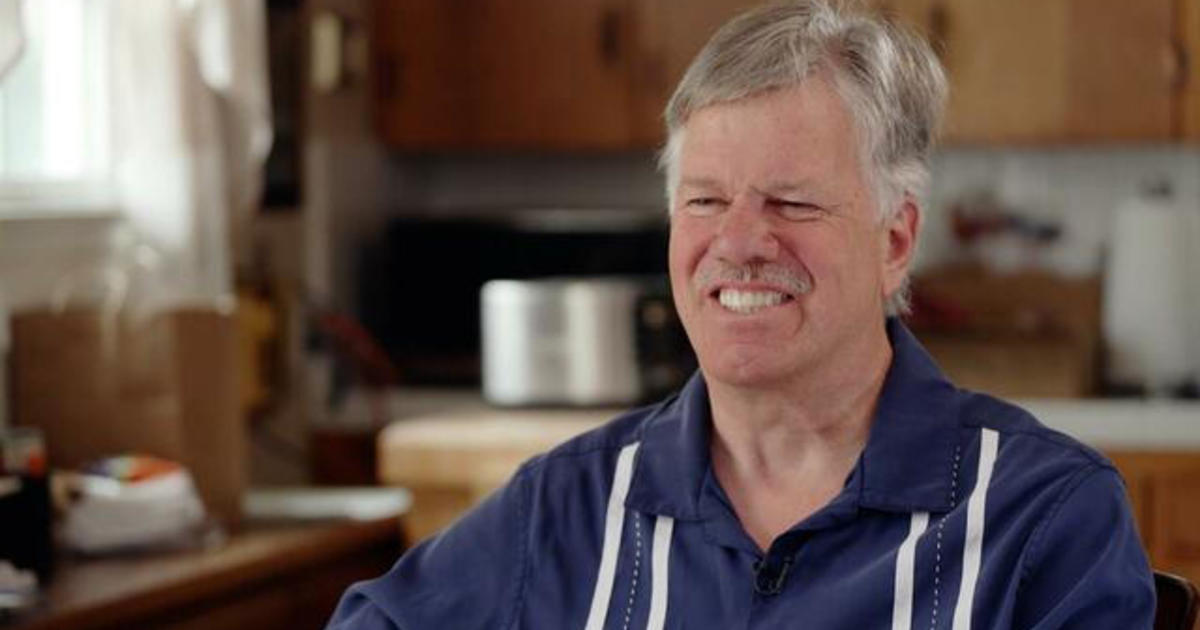Italian man begs authorities to collect dead sister amid coronavirus lockdown
London — An Italian man issued a desperate appeal for help on social media after authorities in his country reportedly would not collect the body of his sister, who he said had died at home of the new coronavirus. The pandemic has hit Italy especially hard and the entire country has been placed on lockdown.
"We are ruined. Italy has abandoned us," an emotional Luca Franzese said in a Facebook video as he stood in front of the body of his sister, Teresa Franzese.
Luca said his late sister, who was reportedly 47, had epilepsy and was at high risk of the new COVID-19 disease. She reportedly started feeling unwell last week and died on Saturday. When she died, he said, she had not been tested for the new coronavirus, despite requests by her family.
"My sister is dead in bed. I don't know what to do. I can't give her the funeral she deserves, because the institutions have abandoned me," he said.
36 hours after Luca's appeal on social media, coroners reportedly came to collect Teresa's body.
"Please, give me strength. You are my strength, give me strength, stay by my side, I can't even talk… today I can't even feel pain for my sister because anger has to give me strength," Luca said in the video.
Health system in crisis
Italy's health care system is under intense strain as the country faces one of the worst COVID-19 outbreaks in the world.
Italian doctors on the front lines of the crisis issued stark guidelines Thursday for the kinds of decisions health care workers might have to make if critical resources become totally overwhelmed.
According to the Italian Association of Anesthesiologists and Intensive Care Doctors (SIIARTI), priority should be given to patients with "the highest hope for survival," if hospitals cannot treat everyone.
The guidelines recommend, in extreme circumstance, that an age limit be imposed on who has access to intensive care units. They say that if a patient recovers in a borderline way, doesn't respond to initial long-term therapy, or if their medical situation worsens, a swift decision should be made to cease treatment and begin palliative care.




